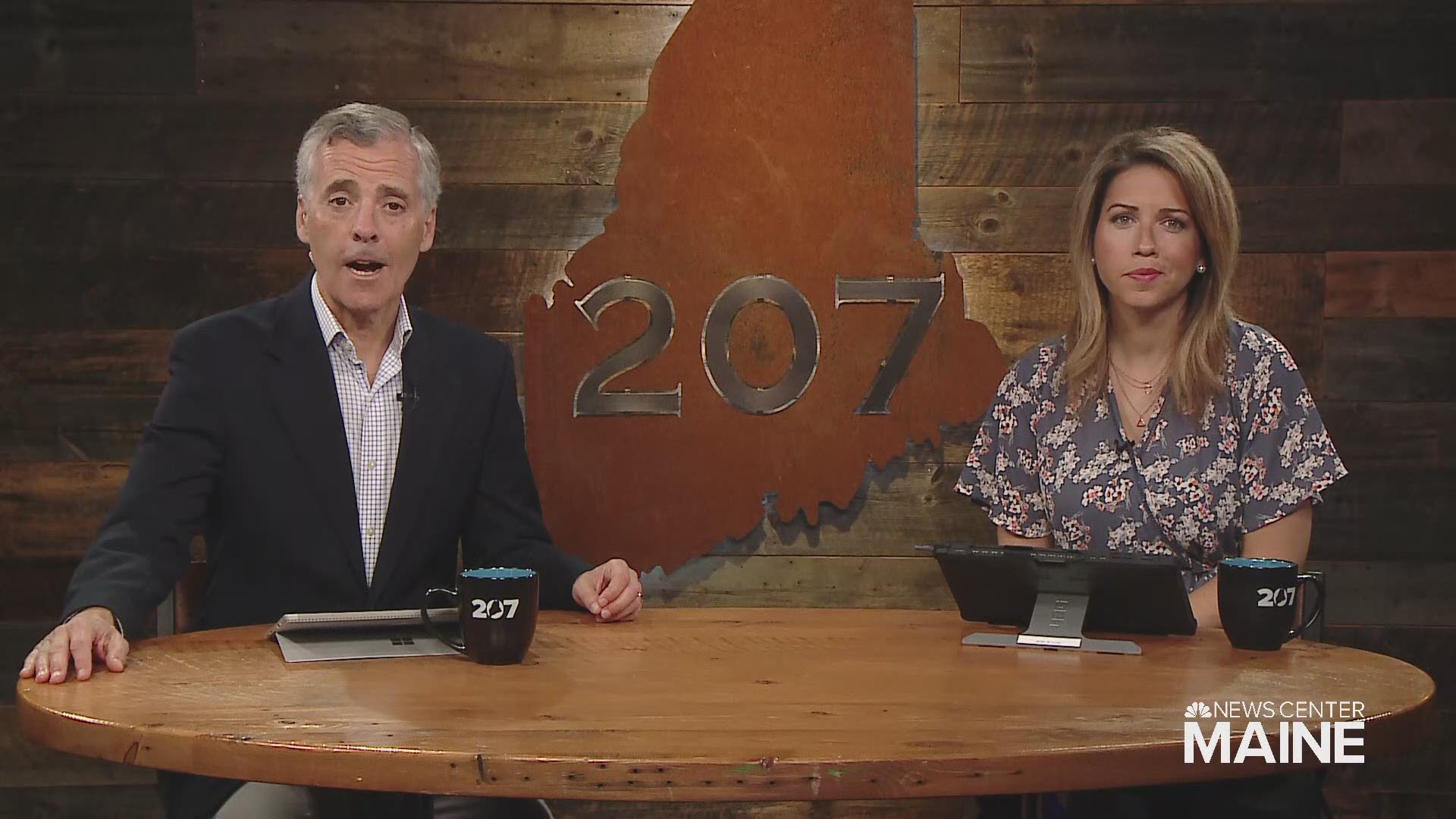PORTLAND, Maine — Whether its a rising stack of unpaid bills or a low bank account balance, there are a lot of people in our state having a hard time keeping their heads above water.
Evergreen Credit Union financial counselor, Brenda Pollock, says that can cause a fear of finances and can make you want to bury your head in the sand and ignore those balances.
She offers a few ways to face those fears, and tackle those issues one by one:
Don't Ignore Your Finances
Whatever reason you may be afraid to face your finances, the golden rule is you must spend less than you earn. If you have any fear about your own personal finances, there is a chance you could be digging yourself into debt. Worse yet, ignoring your finances certainly will not allow you to capitalize on opportunities to make your money work for you.
- Open your mail and keep an accurate tally of your total debt.
- Put together a bare bones budget.
- Know where you stand financially and monitor all your accounts on a regular basis.
These three steps will empower you and help you to overcome your fear of finances.
Monitor Your Accounts
Monitoring your checking and credit card accounts is essential. Thanks to online and mobile banking, is easier than ever before. Here’s a few things to remember:
- If you live in fear of your finances, you probably live paycheck to paycheck. And you’re not alone, 70% of Millennials do. So, checking your accounts will help you rein in your spending and keep you on track.
- Pick one day a week to go over your accounts. This will give you a better picture of your account activity, help to spot any fraud so you can report it quickly, as well as keep your mind on your money and boost your confidence.
- In addition to keeping your finances organized, if you lose your debit card the Electronic Fund Transfer Act will protect you against losses, however, the act only protects funds from the point that you report the card as missing or stolen to your bank.
Beware of your Wi-Fi Connection When Checking Accounts
Whenever you are going to check your bank account, you should always do so on a secure, private Wi-Fi network. If you’re out or traveling, it’s best to use your phone’s cellular data connection if you need to check any account.
Sign Up For Bank Alerts
The best part about bank alerts or account notifications, is that you can customize alerts to your preferences, and you can turn them on or off at any time. Alerts we consider useful are...
- Low Balance Alert – This will help you avoid potential overdraft fees especially for those with a joint account.
- High Balance Alert – Make your money work for you. You set that number so when you’re alerted, it will remind you to put a little more towards paying down debt, or to move it into a savings, retirement, or another investment account.
- Transaction Alert – These alerts flag everyday purchases. Keep in mind, fraudsters like to use multiple low-dollar transactions to siphon bank accounts or rack up charges on your credit card.
- ATM withdrawals
- Profile change alerts
- And Direct Deposit Alerts – Payday is always a great day. Knowing that your paycheck has arrived in your account can help you schedule bill payments and give you peace of mind.
Bottom line is, if you fear managing your finances or it keeps you up at night, there are steps you can take today to overcome your fear of finances.
Begin first by banishing financial fear. Focus on the positive aspects of your finances, retool your budget, seek assistance, contribute to your emergency fund, don’t compare yourself to others, and educate yourself.
Staying up at night worrying about money isn’t going to change your fears. Instead, calm your fears and feel confident about your financial choices by taking control, monitoring weekly or daily, and be determined to actively respect the money you earn.

